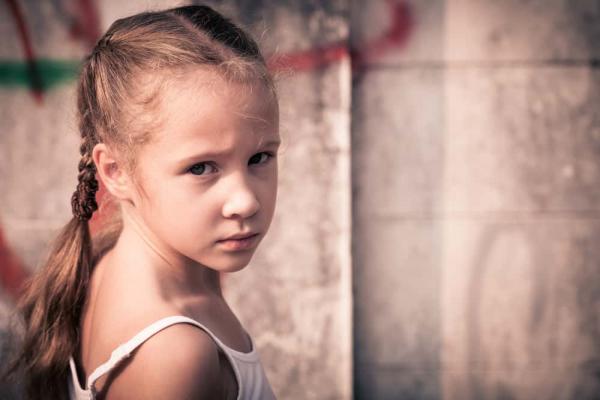
Parents are instrumental in their children's emotional development. When a parent is addicted to drugs, the entire family - including the children - must pay the price. Sadly, this is a situation we see all too often at prescription drug rehab clinics.
While most drug-addicted parents do not intentionally abuse their children, it is impossible to shield a child from your or your spouse's drug abuse. A drug-addicted parent - often the father - will mistreat children in the form of abuse or neglect, or may be absent from the child's life altogether as a result of his or her addiction.
Mistreatment of children
According to Narconon, abuse or neglect resulting from a parent that's addicted to drugs can manifest in the following ways:
-
Physical violence
-
Verbal abuse
-
Sexual abuse
-
Neglect (for example, leaving the child at home alone or ignoring the child's needs)
-
Forcing a child to hide the parent's drug abuse
Whether their physical safety is threatened, or they are subject to emotional distress, children too often bear the brunt of a parent's drug abuse.
As an immediate effect of this mistreatment, the authorities may remove the child from the home. According to the National Association for Children of Alcoholics (NACOA), most child welfare professionals cite parental substance abuse as the top reason children are put in foster care.
Long-term consequences
The long-term emotional consequences from a parent's substance abuse can be devastating. According to the American Academy of Experts in Traumatic Stress (AAETS), children of addicts are more likely to experience psychiatric disorders, including depression, anxiety and eating disorders, compared to their peers. Children with an addicted parent are also more likely to attempt suicide than their peers, and they are three to four times more likely to become addicted to drugs themselves, according to AAETS.
Research from NACOA supports that these children are also more likely to do poorly in school and have behavioral disorders, such as ADHD.
Protecting kids from a parent's drug abuse
The most important way to protect children in these circumstances is removing them from a situation that is abusive or neglectful. If there is no abuse involved, the parent might agree to go to inpatient rehab treatment so the family can start to heal.
Some rehab centers offer family therapy, where the parents, and if possible, the children work together with a trained therapist to nurture and foster the broken relationships caused by addiction, and often abuse, helping the family members better understand the effects of addiction on behavior.
You can help a child with an addicted parent by simply being a supportive presence in his or her life. Children of addicts benefit greatly from the presence of supportive adults, such as an unaddicted parent, grandparents, aunts, uncles, teachers, stepparents, etc. According to NACOA, children of addicts with positive adults in their lives have better coping skills, independence and self-esteem, compared to those children who have no other parent or responsible person to rely on.
If you don't personally know any children affected by this issue but would still like to help, Narconon suggests supporting local children and family centers, as these programs provide valuable services, such as support groups, for children of addicts. Supporting drug education in schools additionally helps prevent children of addicts from turning to drugs during adolescence, Narconon says.
Get help now
For help with addiction recovery, you can call the National Child Abuse Hotline at 1-800-422-4453, or the National Domestic Violence Hotline at 1-800-799-7233.
What are treatment options?
In some situations, outpatient therapy usually isn't sufficient. With outpatient therapy, the patient continues to live at home, and goes to group therapy sessions and meets one-on-one with a trained mental health professional.
Inpatient therapy involves having the patient admitted to a treatment facility for typically 30, 60 or 90 days to get his or her life back on track, and to help him or her overcome the physical addiction and get emotionally healthy.
Supporting your loved one with an addiction
The most important thing you can do for your loved one with with an addiction is to be understanding and supportive. This of course doesn't mean that you must accept the behavior, but being able to separate the behavior from the person with addiction is important.
Continue to love him, while encouraging change, and let him know that you are there for him.
Yes, these things are easier said than done, and it isn't always possible or ideal to stand by somebody suffering from addiction, but understand that she is crying for help, even if she doesn't admit it.
Share this article on Facebook and other social media channels to help spread awareness about this important issue. You never know who might be affected by drug abuse in the home.

